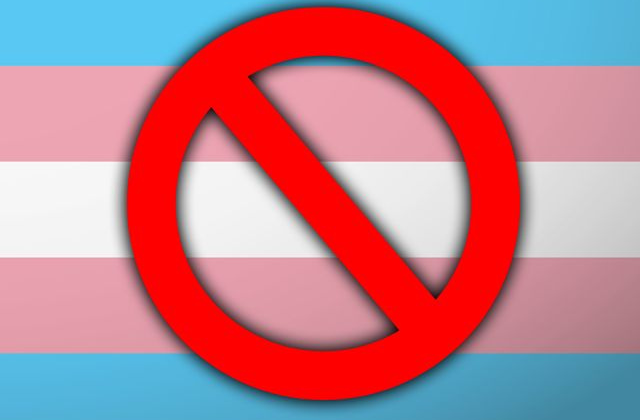El Salvador disregards a deadline that would stop discrimination against trans people, and the Mideast government moves to target LGBT people online.
El Salvador Ignores Deadline For Trans Rights Legislation
The Legislative Assembly of El Salvador has flagrantly disregarded the Supreme Court’s one-year deadline to establish a formal process for gender recognition that would stop discrimination against transgender people, according to Human Rights Watch.
The constitutional chamber of El Salvador’s Supreme Court concluded in February 2022 that discrimination based on gender identification is prohibited by the constitution. It required the legislature to establish a process by which transgender people can change their names on identification documents within a year.
“The Legislative Assembly’s failure to comply with the Supreme Court’s within the deadline is grave not only for its apparent disregard for the rights of trans people but also for democratic checks and balances and the rule of law, which have come under attack by President Nayib Bukele and his allies,” said Cristian González Cabrera, LGBT rights researcher at Human Rights Watch.
Mideast Government Targets LGBT People Online

Photo via Pixabay.
Security agents and government representatives in many Middle Eastern and North African nations have exploited social media websites and mobile dating applications to target LGBT people.
The results of a recent Human Rights Watch report uncovered digital tactics being used to oppress the LGBT people in the area. Because of social stigma and legislation that make their expression illegal, the group has long relied on internet venues for protection and privacy in order to avoid oppression and discrimination.
According to a report titled “All This Terror Because of a Photo’: Digital Targeting and Its Offline Consequences for LGBT People in the Middle East and North Africa,” there have been many instances of security forces in Egypt, Jordan, Lebanon, Iraq, and Tunisia extorting, harassing, outing publicly, and detaining LGBT individuals because of their activities on Facebook, Instagram, and the gay dating app Grindr. The article also criticizes big digital corporations for not making enough investments in Arabic language content moderation and security.


